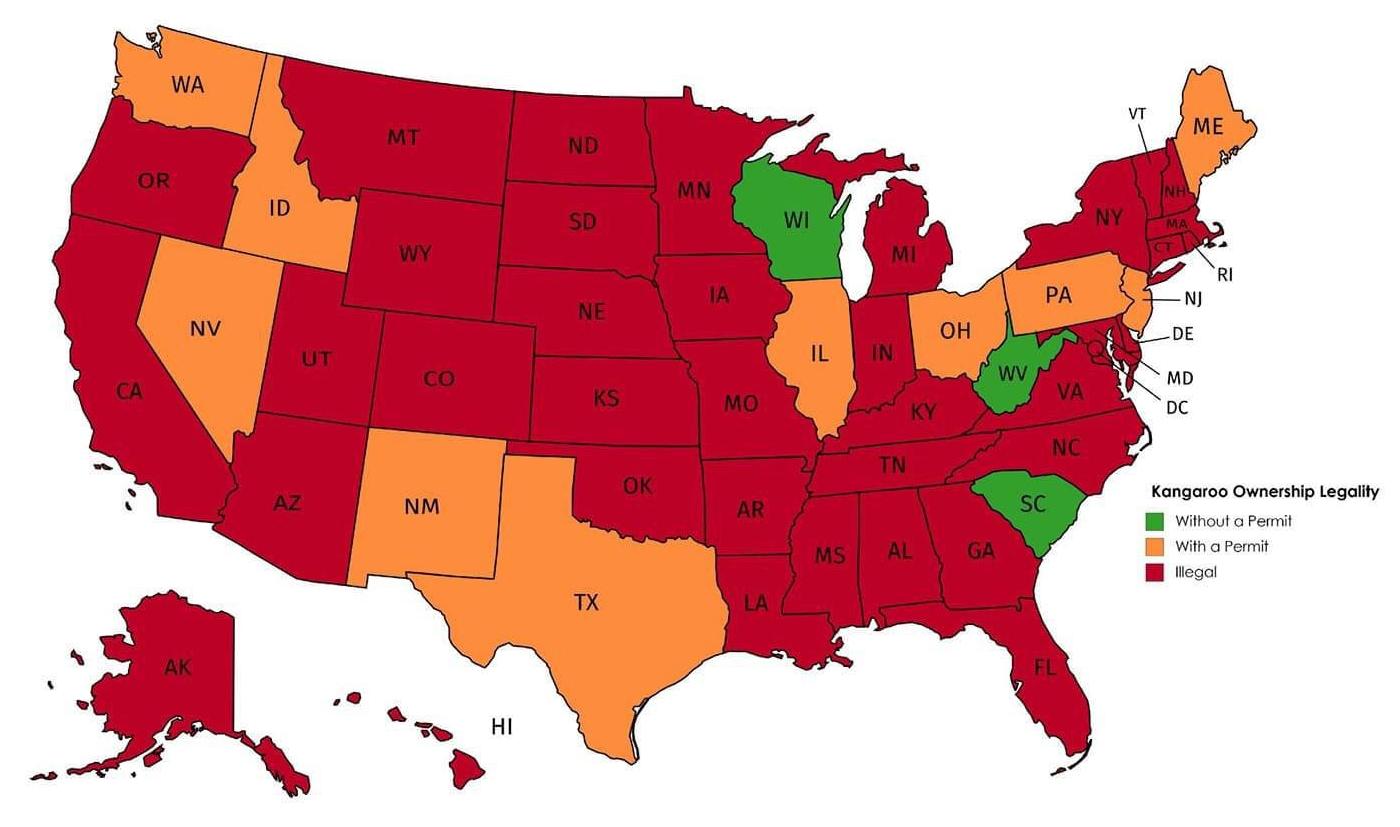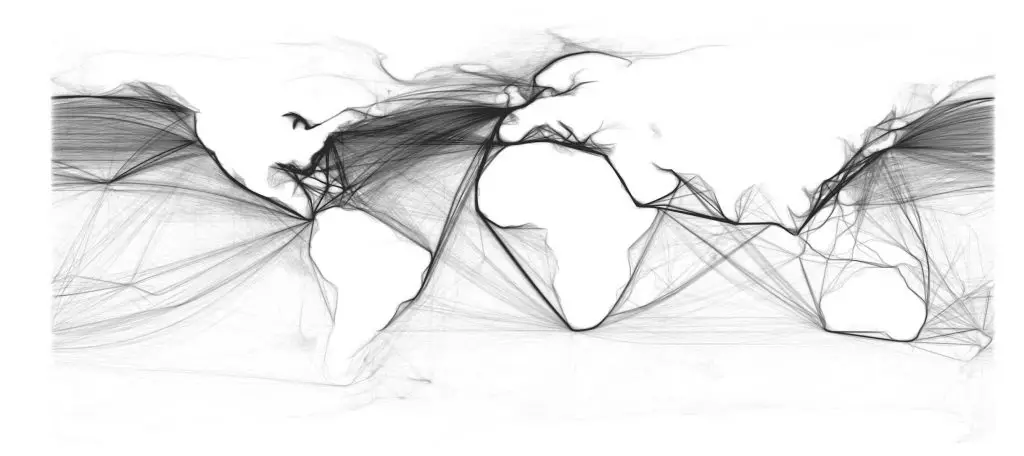Maritime Zones of the Mediterranean and Black Seas
The international law of the sea (UNCLOS) distinguishes several types of
marine territory:
– Internal Waters lie within the so-called baseline and can be
considered equal to land. States have full jurisdiction here and foreign
vessels have no other rights than the right to access of port in case
of emergencies. There is no right of innocent passage for foreign
vessels, except in so-called Archipelagic Waters, such as in Greece.
– Territorial Waters extend usually 12 nm from the coastline or
baseline. States have full sovereignty here but there is the right to
innocent passage for foreign vessels.
– The Contiguous Zone is claimed by most countries and usually extends
24 nm from the coastline. Foreign vessels have more rights here. All
ships, including armed warships, have the right to enter these waters.
Coastal states can exercise limited power in these waters (including
taxes, customs, migration and sanitary regulations.
– The Exclusive Economic Zone (EEZ) extends up till 200 nm from states
that have made claims. Coastal states have only right to economic
resources, including oil and fisheries, and are responsible for
pollution. Foreign nations may construct cables and pipelines through
other countries’ EEZ.
– Fishery Protection Zones. Some countries don’t have made claims to an
EEZ but enjoy exclusive fishing rights.
– The Extended Continental Shelf (not pictured) can be claimed when the
continental shelf extends beyond the 200 nm boundary. The claim must be
based on physical-geographical proof that the shelf indeed is part of
the continental seas. If the claim in acknowledged, coastal states have
the exclusive right to use resources on or beneath the sea bed. This
means that benthic fish are ‘owned’ by the coastal states, but that
pelagic fish are free to all (including the coastal state).
The maps don’t cover the High Seas (which are owned by mankind
collectively), the French ‘Ecological Protection Zone’ (basically an
EEZ), and the Adriatic ‘Ecological/Fishery Protection Zone’. In
addition, some International Straits and Transit Passages (incl.
Gibraltar, Bosporus) are open to all crafts, including warships, when
they use these routes in order to get to a destination farther afield . This ensures that countries won’t
block shipping routes at very strategic places .
There are several geopolitical hotspots, most notably between
Turkey-Greece and between Morocco, Spain and the UK. Some fun facts:
even though Bosnia-Herzegovina is a coastal country, it has officially
no maritime ‘soil’.









